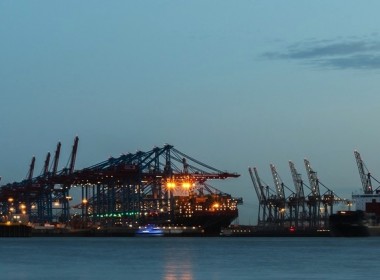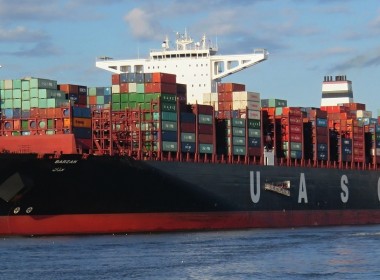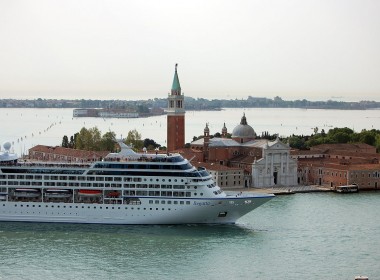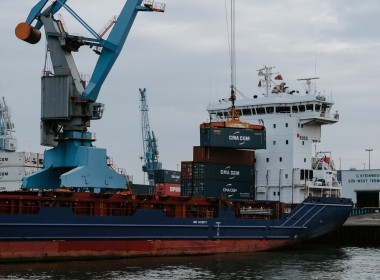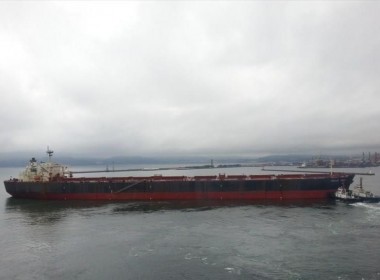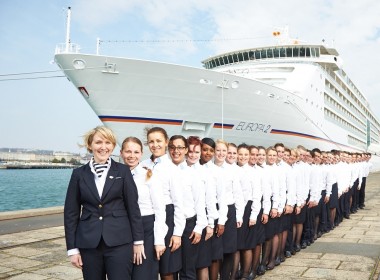COLUMN: The multi-tasking master [Grey Power]
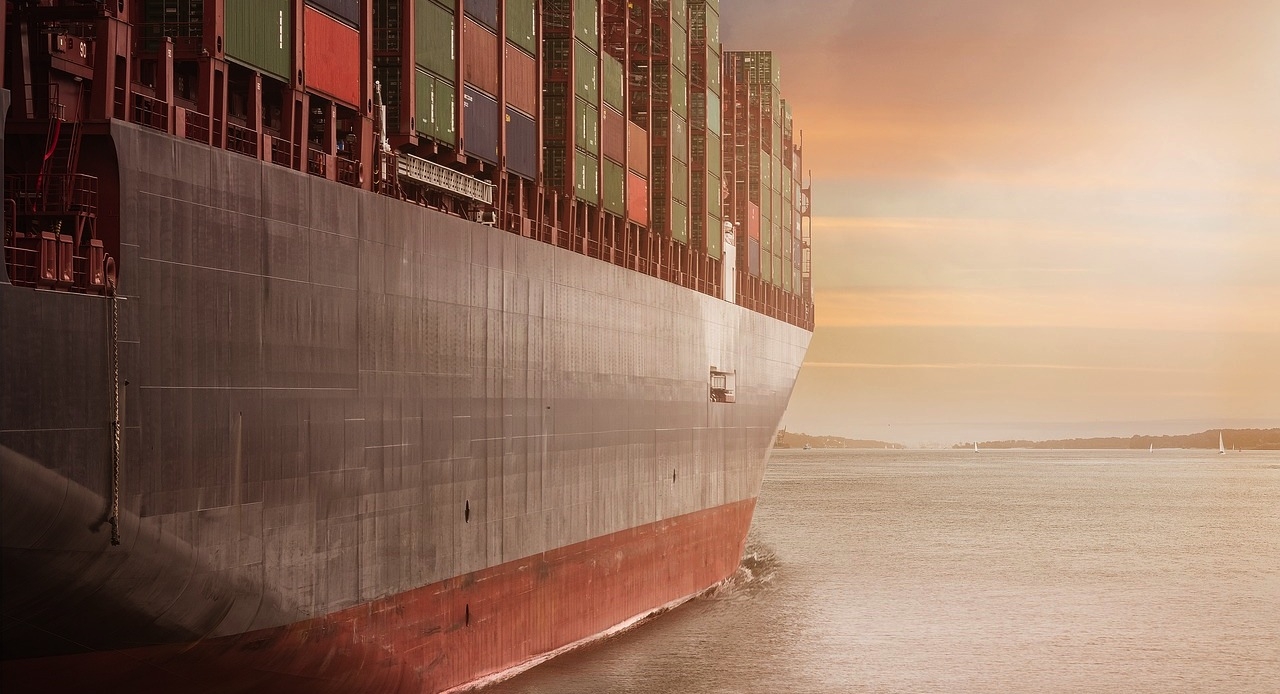
I know it is a very long time ago and old sailors are supposed to retain only the best memories, but I used to really look forward to arriving at a port. Not all ports admittedly, but it was a chance to break sea watches, enjoy shore leave and generally have a bit of R&R.
But that was then and this is now, and our modern mariners tend to regard port visits with a certain amount of apprehension. I was listening to a serving shipmaster the other day speaking at the Hong Kong branch of the Nautical Institute conference on “safe manning” and leaving his listeners in no doubt about port time being a “killer” in terms of excessive hours and an unsupportable burden for ships’ people.
Ports, said bulker master Captain Varun Rowat, “were not on the seafarers’ side”, with the master multi-tasking to a ridiculous degree, as he sought to satisfy the multiple demands of the endless officials who would be tramping up his gangway. And he could delegate until he was blue in the face, but it wouldn’t help because all the officials with their checklists and documentary demands wouldn’t be put off with the Second Mate or some other willing person – it was the Master they were determined to see.
“It would leave the master free to get on with his principal functions”
Multiple inspections by every conceivable agency, from Port State Control, to several charterers simultaneously, alongside all the port officials all requiring their time with the master – does nobody think about the stamina of the poor chap?
There may be little new in these simple statements about the degree of sheer harassment that afflicts the average shipmaster in most ports, but it is good to hear it, as it were, from the horse’s mouth. Once in the dim and distant past, a master would have had the assistance of his purser or chief steward to help with the ship’s administration and when a radio officer was carried, this officer did a great deal to ease the master’s burden.
It would leave the master free to get on with his principal functions of keeping the ship safe, mentoring his officers and prosecuting his voyage with efficiency. He might even have managed a few hours ashore.
And the master’s lot is certainly not helped by the curse of communication. His younger officers might be very happy to have their smart-phones and other devices functioning well with the ship in port, but on a well-connected ship, there will be scarcely an hour in the day when he is not being pursued by emails and telephone calls, seeking instant answers.
There will be requests from the office about mundane matters, demands from the charterers and threats from people who haven’t a clue about time zones and haven’t bothered to ascertain that the ship’s time is the middle of the night and the master will be in bed.
And when everyone on board is trying to do the work done once by at least two other people, the manning levels aboard ship clearly remain, said Captain Rowat, “the elephant in the room”. You just need enough people to work safely and that probably is not the minimum that is specified on the safe manning certificate.
Automation, it seems clear, has been the enabler of endless manning cuts which cost-saving bean-counters have used with deadly effect to reduce operating costs, but it is clear that there is a human price to pay in a lot of exhausted people.
Is there job-satisfaction in a career where there is this endless pressure to perform and tiredness just part of the job description. It’s not the Battle of the Atlantic – it is merchant ship operation in a peacetime environment. So why carry on treating human beings like machines, pushing them to their limits?
Why don’t ports look upon visiting ships as their favoured customers and treat people aboard them with more consideration? Ships, after all, represent their main revenue stream and they would be in a pretty pickle if they lost the business. Wouldn’t it be brilliant if ports could be judged by the service they gave to their floating customers, but also by the way they treated the people aboard these ships. Why is that so difficult?
Safe manning – a highly subjective term
The Nautical Institute in Hong Kong deserves a lot of credit for putting a spotlight on safe manning and the crying need for a reasonable size of crew, with the right skills and the time to train their juniors and think about the job in hand.
And if a state of exhaustion is more dangerous than drunkenness when it comes to handling expensive machinery, there is a very real safety case for more generous manning. But realistically, as long as shipping remains in a state of over-capacity, with poor financial rewards, there is little hope that operators will employ extra hands.
The Nautical Institute has campaigned vigorously against the growing demand masters to be watchkeepers and the impossible demands of small ships where master and mate work six-hour shifts.
Any port state inspector with half a brain will realise that it is realistically impossible for such a regime to stay “legal” in terms of the hours of rest these two officers require. But many flag states will collude in such arrangements, persuaded by operators that even one extra mate will make small ships unable to compete with other modes of transport.
Safe manning, it seems, will remain a highly subjective term for the foreseeable future.


